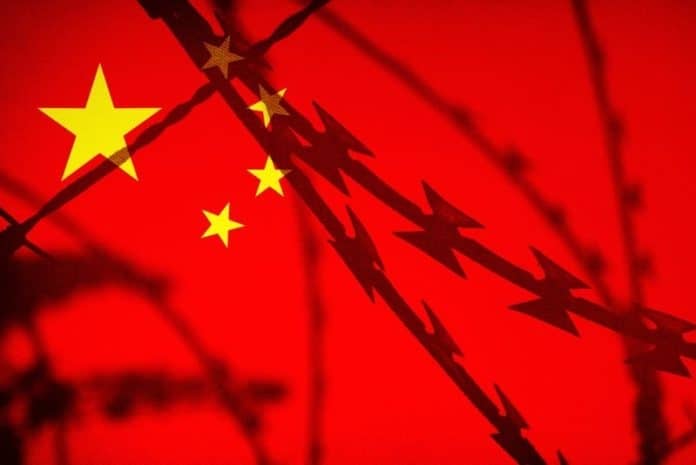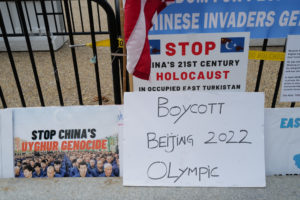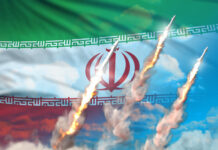
On Friday, the US Senate enacted a rule restricting shipments from the Xinjiang province, unless firms can show they were created without slave labor.
The resolution enacted Thursday “demonstrates the US has no qualms about tarnishing China by whatever means,” Wang Wenbin said.
China’s Reaction
Wang told the media at a press briefing that the activities jeopardize market principles, global trade, and economic regulations, as well as Chinese institutions and businesses.
China says it will take all necessary measures to safeguard its institutions and enterprises after the U.S. Senate passed a new law barring imports from the Xinjiang region unless businesses can prove they were produced without forced labor. https://t.co/5bwMG97YUl
— The Associated Press (@AP) December 17, 2021
Wang said China will take all necessary steps to protect the rights and dignity of Chinese institutions and businesses.
The bill is the latest US retaliation against China’s alleged systematic and widespread persecution of religious and ethnic minorities, particularly Muslims in Xinjiang.
President Biden is expected to sign the bill after resolving White House reluctance and corporate resistance. Sanctions on Chinese biotechnology and surveillance businesses, a key drone maker, and governmental institutions were also announced on Thursday.
The Biden administration is imposing new sanctions on several Chinese biotech and surveillance companies for actions in Xinjiang province. It's the latest step against Beijing over human rights abuses of Uyghur Muslims in the country’s western region. https://t.co/D2sDIZeovP
— The Associated Press (@AP) December 16, 2021
A slew of independent studies have shown coerced sterilization and massive detention camps, places that have Uyghurs supposedly forced to labor in industries; China has dismissed them as “century-old lies.”
The US government is seeking to choke Xinjiang’s economy through industrial and supply lines, citing research by Lanzhou University’s Institute for Central Asia Studies.
Xinjiang is a mineral-rich mining area vital to both agriculture and industry. The US claims detainees are sent from Xinjiang to labor in industries creating apparel, electronics, solar energy equipment, and vehicle parts.
US authorities must monitor minority groups in China for slave labor. To import items from Xinjiang, enterprises must verify they did not use forced labor, including workers moved from Xinjiang.
Details About the Labor Camps
Darren Byler, an associate professor of international affairs at Canada’s Simon Fraser University, has investigated and written at length about the camps.
Byler warned troublemakers may be sentenced to prison, possibly in camps converted to prisons. The danger of being sent again to the camps keeps them in order once they escape.
Muslims forced to work in other regions of China are escorted by a Xinjiang Communist Party official and a police officer. Their movements are restricted, and they are unable to practice Islam. Byler says they are enslaved
The Chinese Academy of Military Medical Sciences and 11 research institutions use biotechnology to help the Chinese military. The move prevents American firms from selling products and services to the companies.
To investigate allegations of Uyghur biometric surveillance and tracking by Chinese corporations, the Treasury Department issued an investment blacklisting of DJI, the world’s largest drone maker.
Americans will be unable to acquire or sell publicly traded stocks of these corporations. DJI controls the global market for tiny, low-altitude drones used by corporations, governments, and amateurs.
Washington launched a formal boycott of the Beijing Olympics last week, due to China’s “outrageous human rights violations and crimes in Xinjiang.” The US will send athletes, but not the customary dignitaries.
China promised forceful responses to the boycott, but hasn’t indicated how.
Correctional labor has long been a feature of the US economy, with convicts manufacturing goods and services, like call centers for little wages. Opponents claim the system unfairly profits from black Americans’ work.
















